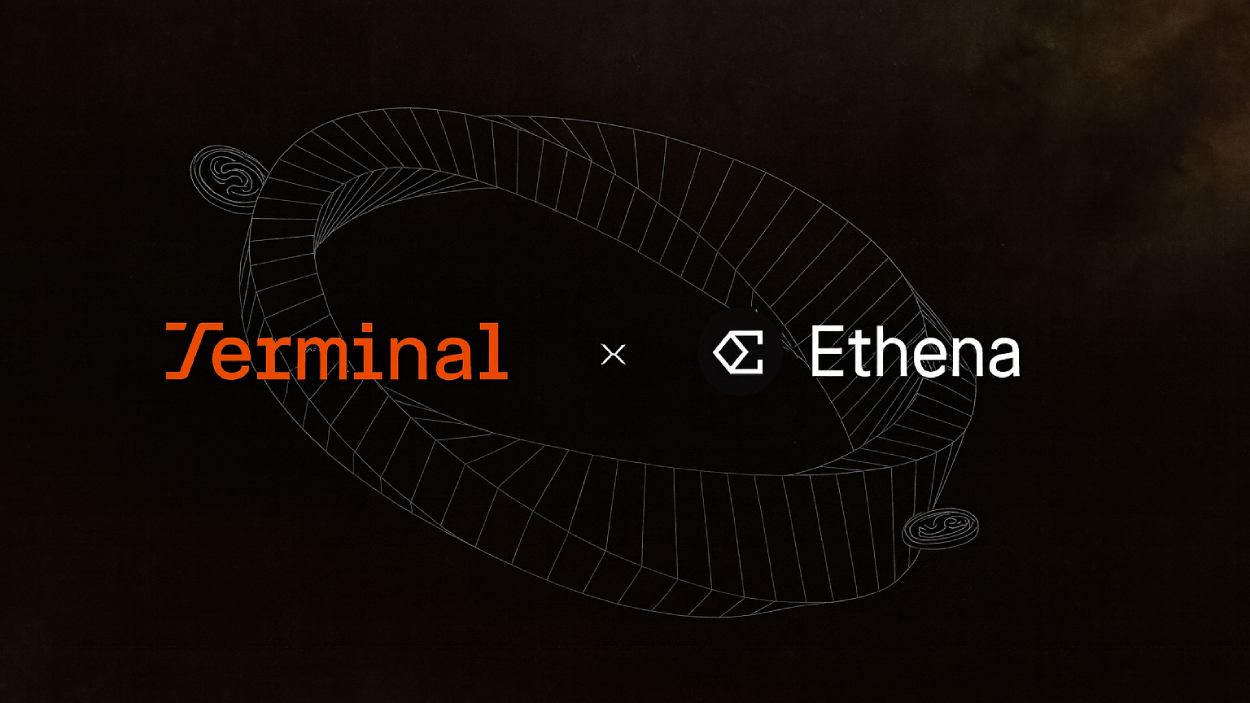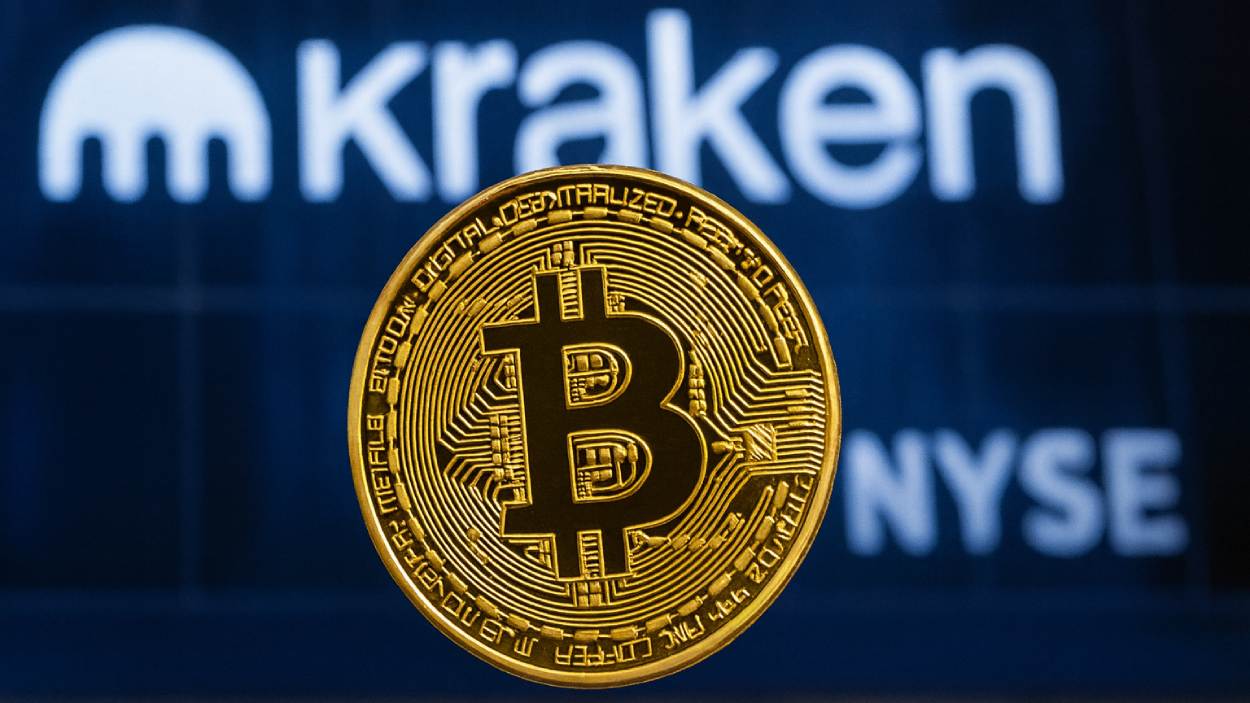Faruk Fatih Ozer, the founder of failed Turkish crypto exchange Thodex, was found dead in his prison cell while serving an unprecedented 11,196-year sentence for his role in one of the country’s largest financial frauds.
Key Takeaways
- Thodex founder Faruk Fatih Ozer was found dead in his single-person prison cell at the Tekirdag F-Type High Security Closed Prison in Turkey.
- Ozer was serving a sentence of over 11,000 years for charges including aggravated fraud, money laundering, and running a criminal organization.
- Over 400,000 Thodex users were affected, with estimated losses ranging from $12.5 million to $2.6 billion, depending on the source.
- Authorities suspect suicide, but a full investigation has been launched to determine the cause of death.
What Happened?
Faruk Fatih Ozer, once a high-profile tech entrepreneur and CEO of the Thodex crypto exchange, was found hanging from a bedsheet in the bathroom of his solitary confinement cell, according to multiple local news reports. The incident occurred at Tekirdag No. 1 F Type High Security Closed Penal Institution, and Turkish authorities have begun a formal investigation.
CRYPTO’S DARK SIDE RESURFACES ⚠️
— Wise Advice (@wiseadvicesumit) November 1, 2025
Faruk Fatih Özer, CEO of the failed Turkish exchange Thodex, has been found dead in prison, per Bloomberg.
He was serving sentence for orchestrating one of Turkey’s biggest crypto frauds.
Just weeks ago, we also lost Galish, after the October… pic.twitter.com/yWN5H6iZ9g
Ozer’s death comes amid ongoing legal proceedings tied to the massive collapse of Thodex, which shuttered in April 2021, leaving hundreds of thousands of users unable to access their funds.
A Crypto Collapse That Shook Turkey
Thodex was established in 2017 and quickly rose to prominence as one of Turkey’s leading cryptocurrency platforms. It offered aggressive promotions to attract users, but operations came to a halt abruptly in April 2021. Shortly after, Ozer fled to Albania with investor funds, prompting an international manhunt.
- The Financial Crimes Investigation Board (MASAK) reported damages totaling 356 million Turkish Lira (around $12.5 million), while a 2021 Chainalysis report estimated user losses at up to $2.6 billion.
- Ozer was arrested in Albania in August 2022 and extradited back to Turkey in April 2023.
- In September 2023, he was sentenced to 11,196 years, 10 months, and 15 days in prison by the Anatolian 9th High Criminal Court.
- His siblings, Guven and Serap Ozer, received identical sentences for similar crimes.
Legal Fallout and Retrial
Although convicted of multiple serious crimes, the Istanbul Regional Court of Justice later reversed the charge of forming a criminal organization. The retrial of 21 defendants, including Ozer, was still underway at the time of his death.
The original indictment by the Anadolu Chief Public Prosecutor’s Office had accused Thodex of faking trading volumes and freezing user withdrawals just before shutting down. Of the 21 accused, seven were detained, while sixteen were acquitted due to insufficient evidence.
Human Rights and Prison Conditions
Ozer was held in solitary confinement at a prison previously criticized by human rights groups for its isolation practices. Justice Minister Yılmaz Tunç confirmed that “initial findings indicate suicide,” but emphasized that the investigation will reveal the exact circumstances of Ozer’s death.
In a public statement after Thodex collapsed in 2021, Ozer had acknowledged suicidal thoughts but said he chose to flee to Albania to fight and repay his debts. His story ended in stark contrast to that resolve.
CoinLaw’s Takeaway
In my experience watching crypto cases unfold, few stories have drawn as much public outrage and political scrutiny as Thodex. Ozer’s death, whether ultimately ruled a suicide or not, brings a symbolic close to a scandal that deeply undermined trust in crypto in Turkey. It’s a chilling reminder of how unchecked ambition and lack of oversight can devastate lives. For the 400,000 affected investors, this death might feel like an end, but the real question remains: will this finally drive regulators to implement stronger protections for crypto users?























































